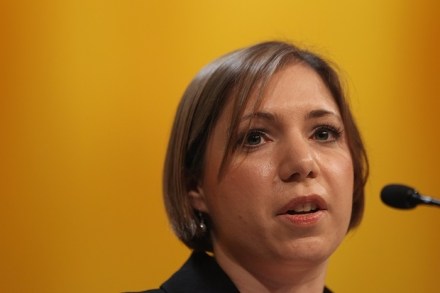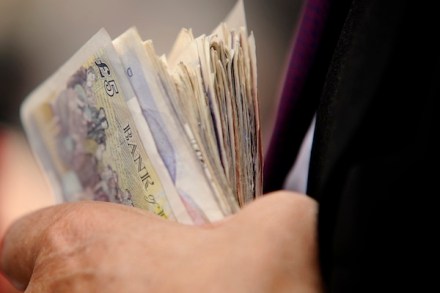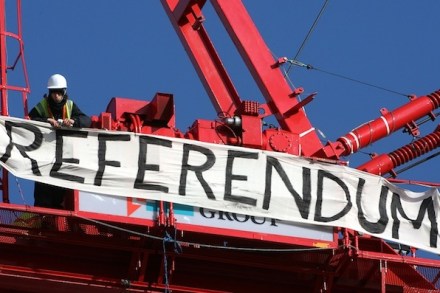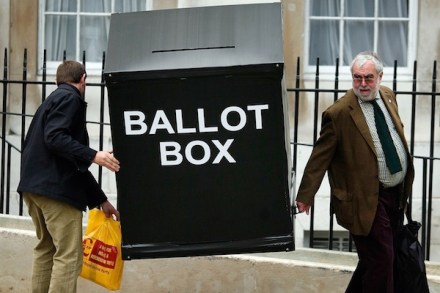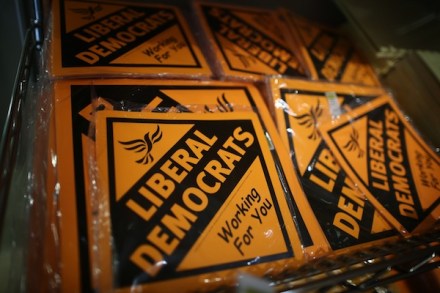Sarah Teather: Another MP driven out of the Commons’ boy’s club
The Liberal Democrat MP Sarah Teather has decided to stand down at the next election. I realise that this will not be a popular view on here, but I think that’s a great shame. She has been an unflinchingly principled, honest and always thoughtful MP; in essence it is the nature of the coalition which has convinced her that modern politics is a foul and dispiriting business. There’s a case to be made that she’s in the wrong party, mind, but that’s the only real criticism I could level at her. She’s been attacked for her decision in the Daily Mail by that screeching agglomeration of recycled opinions and epic
